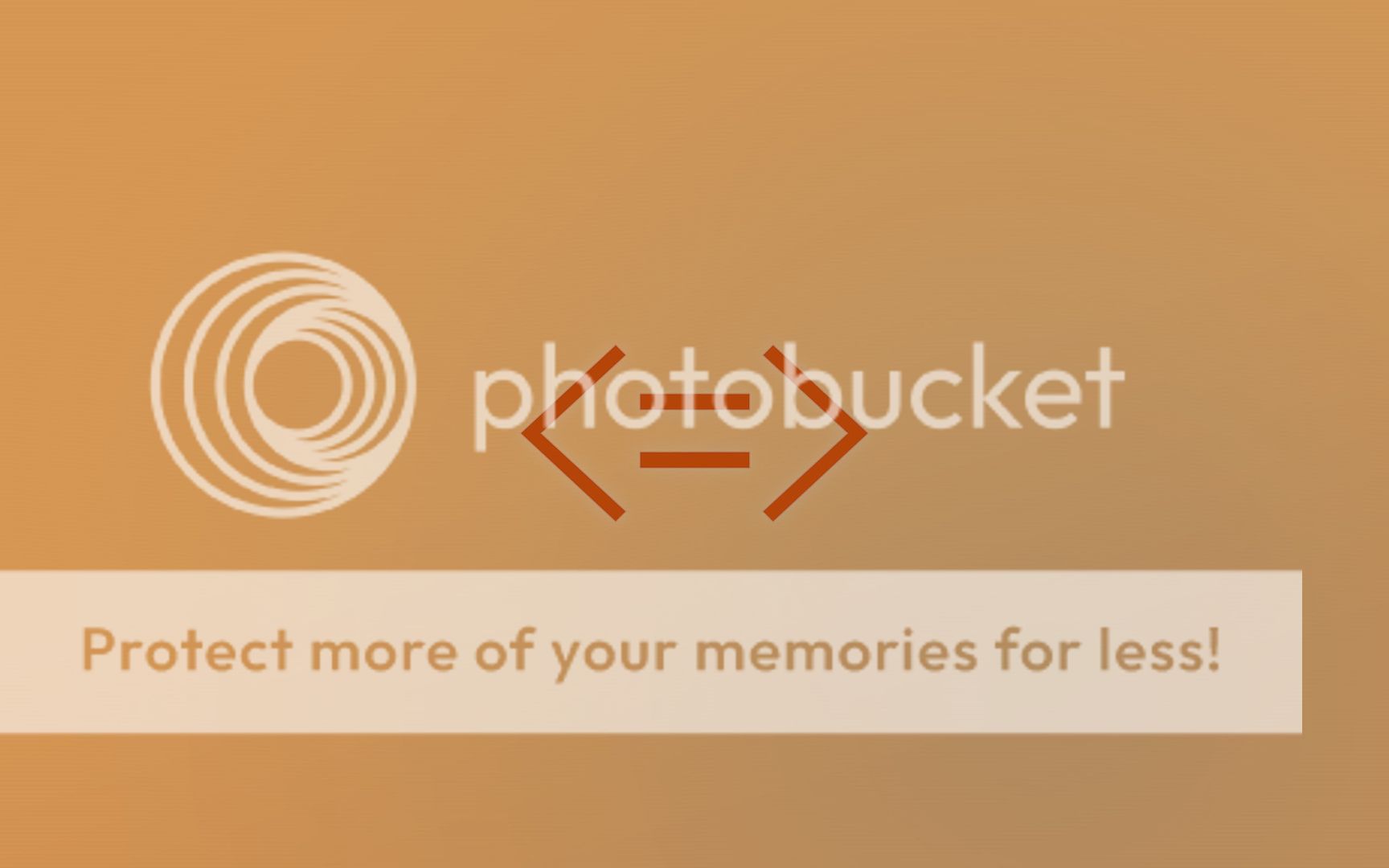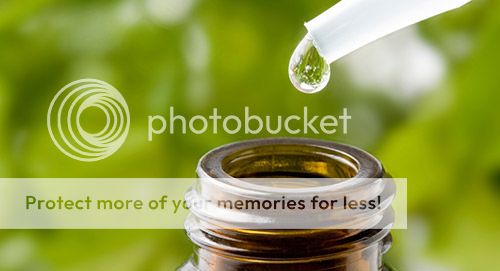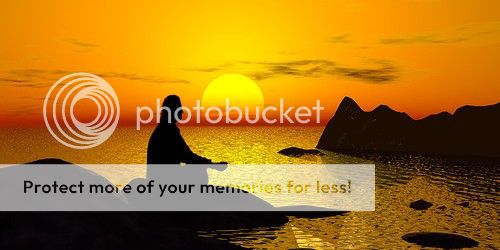Less is More - New Habits
I learned the phrase, "less is more" while in art school in the 60's. It described simple and
minimalist forms of expression in art and architecture. It felt like Zen art, though no one called it that. Long after studying the artists and architects who adhered to that style the phrase stayed with me like a mantra. When reading wordy literature or wandering around the Baroque cathedrals of Europe "less is more" would float to mind as the ornate sculptures and paintings dazzled or begged the question, why so fussy? The same phrase often surfaced when I found myself in the tediousness of never-ending corporate meetings that numbed the senses.
Too much clutter in life can summon a "less is more" approach, so it was easy to assess the subtle influences in the outer world. I noticed that businesses changed their models of how they provide service to the customer. Strangely, they put the customers to work for the business, defining less is more in a whole new way. It was not done for aesthetics but clearly for profit. If
you needed gas for the car, you pumped it yourself. If you went to retail stores to buy anything you scanned, paid and bagged your own items. When that model claimed the restaurant industry I began to wonder. For the first time I thought that ordering food through an Ipad instead of through a waiter might reverse the phrase and prove that less was not really more.
All was not as it seemed for something else was changing the business model. Factories that once employed thousands were now doing the same work with dozens of robots and a couple of guys. The consumer-oriented society that had been propelling industry began to shift. Somewhere along the way, consumers realized they didn't really need or want all those things they were buying. Instead, they began to divest themselves of their big houses, and all the stuff that went into them. Aging demographics pushed people into downsized condos even as tiny houses or small mobile homes became the rage. At the same time, recycling programs were established in every state, allowing plastics, papers, and other products to be deconstructed and used for or made into something else.
The less is more phenomenon wasn't restricted to business. And yes, there are countless examples of it in digitized music, entertainment on the go, and the changes from computers to smartphones. Other systems like science, medicine and religion were affected. Quantum Physics, in a tribute to "less," stripped away everything and reduced the observed world to particles or waves. Homeopathy was another that clearly showed less is more. This alternative health practice treats diseases by rigorously diluting the medicine. In another case, pain management used to be controlled with toxic medicines. Now, the pain is mitigated with acupuncture needles, using less destructive treatment options. And finally religion lost its allure when polls showed more people identifying themselves as spiritual instead of belonging to a religion. Spirituality stripped off the pomp and rhetoric and instead focused on the essence of the teachings. It recognized the common truth in all religions that God, (or an Eternal Spirit,) was inherent in them and they abiding in IT.
It became obvious that spiritual studies were not immune to the new habits of less is more. The inner work also needed simplification and uncluttering. Daily meditations were restructured. The elaborate rituals were discarded and replaced with focused breath-work practices and simple intentions. Generic "prayers for peace" were peeled back revealing that the real prayer was for
personal peace within. Within that realization the real work had begun in earnest.
Less is more can be applied to every facet of our lives. It begs strict observation and a surgical assessment of the value of everything. It refocuses us from consumers to conservers, and destroyers to caretakers. It's not easy nor does it call to everyone to do. But, when everything is stripped down to its "Zen factor," only then can we develop an awareness of our excesses and experience the insights that will propel us to a new level of consciousness. That's the ultimate value in developing the less is more new habit. It's when we learn that everything we really need is already provided.
 |
Too much clutter in life can summon a "less is more" approach, so it was easy to assess the subtle influences in the outer world. I noticed that businesses changed their models of how they provide service to the customer. Strangely, they put the customers to work for the business, defining less is more in a whole new way. It was not done for aesthetics but clearly for profit. If
 |
All was not as it seemed for something else was changing the business model. Factories that once employed thousands were now doing the same work with dozens of robots and a couple of guys. The consumer-oriented society that had been propelling industry began to shift. Somewhere along the way, consumers realized they didn't really need or want all those things they were buying. Instead, they began to divest themselves of their big houses, and all the stuff that went into them. Aging demographics pushed people into downsized condos even as tiny houses or small mobile homes became the rage. At the same time, recycling programs were established in every state, allowing plastics, papers, and other products to be deconstructed and used for or made into something else.
 |
The less is more phenomenon wasn't restricted to business. And yes, there are countless examples of it in digitized music, entertainment on the go, and the changes from computers to smartphones. Other systems like science, medicine and religion were affected. Quantum Physics, in a tribute to "less," stripped away everything and reduced the observed world to particles or waves. Homeopathy was another that clearly showed less is more. This alternative health practice treats diseases by rigorously diluting the medicine. In another case, pain management used to be controlled with toxic medicines. Now, the pain is mitigated with acupuncture needles, using less destructive treatment options. And finally religion lost its allure when polls showed more people identifying themselves as spiritual instead of belonging to a religion. Spirituality stripped off the pomp and rhetoric and instead focused on the essence of the teachings. It recognized the common truth in all religions that God, (or an Eternal Spirit,) was inherent in them and they abiding in IT.
It became obvious that spiritual studies were not immune to the new habits of less is more. The inner work also needed simplification and uncluttering. Daily meditations were restructured. The elaborate rituals were discarded and replaced with focused breath-work practices and simple intentions. Generic "prayers for peace" were peeled back revealing that the real prayer was for
 |
Less is more can be applied to every facet of our lives. It begs strict observation and a surgical assessment of the value of everything. It refocuses us from consumers to conservers, and destroyers to caretakers. It's not easy nor does it call to everyone to do. But, when everything is stripped down to its "Zen factor," only then can we develop an awareness of our excesses and experience the insights that will propel us to a new level of consciousness. That's the ultimate value in developing the less is more new habit. It's when we learn that everything we really need is already provided.
++++++++
Jo Mooy - March, 2017
